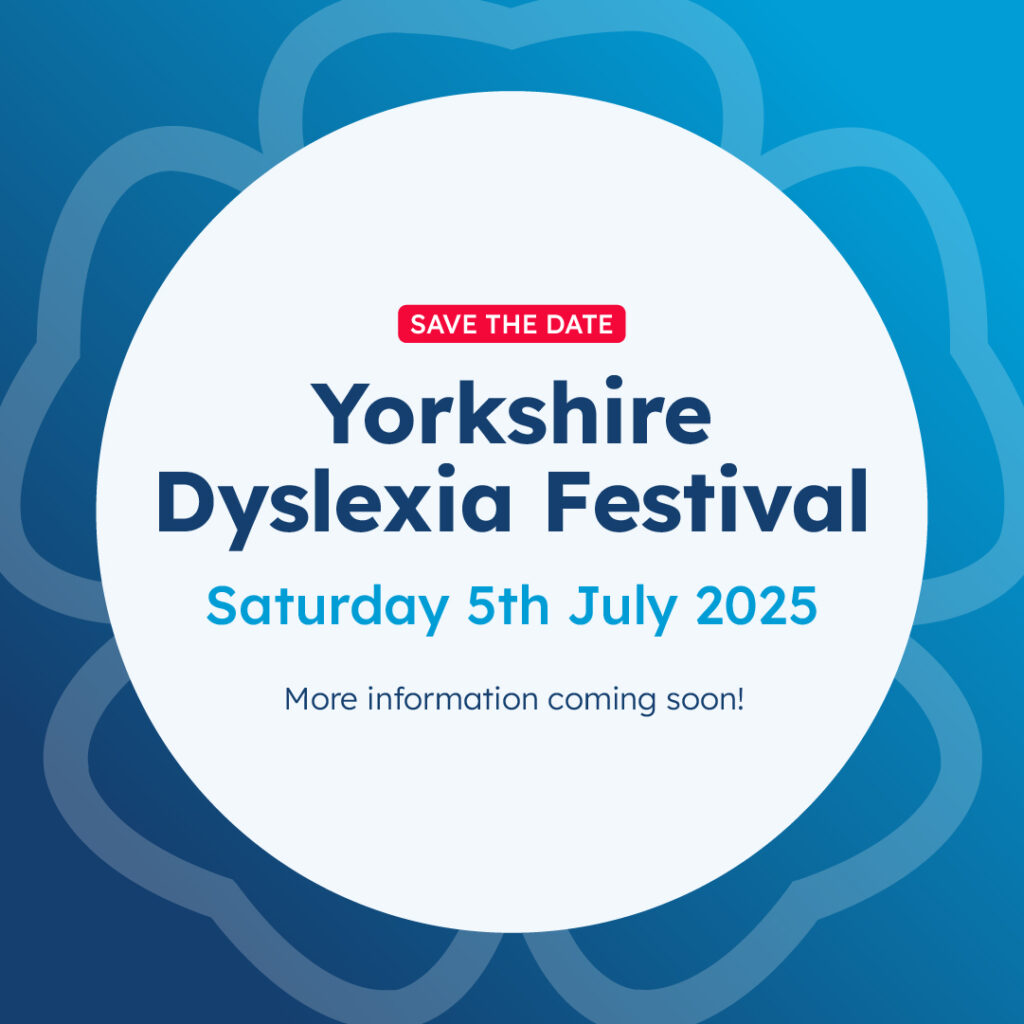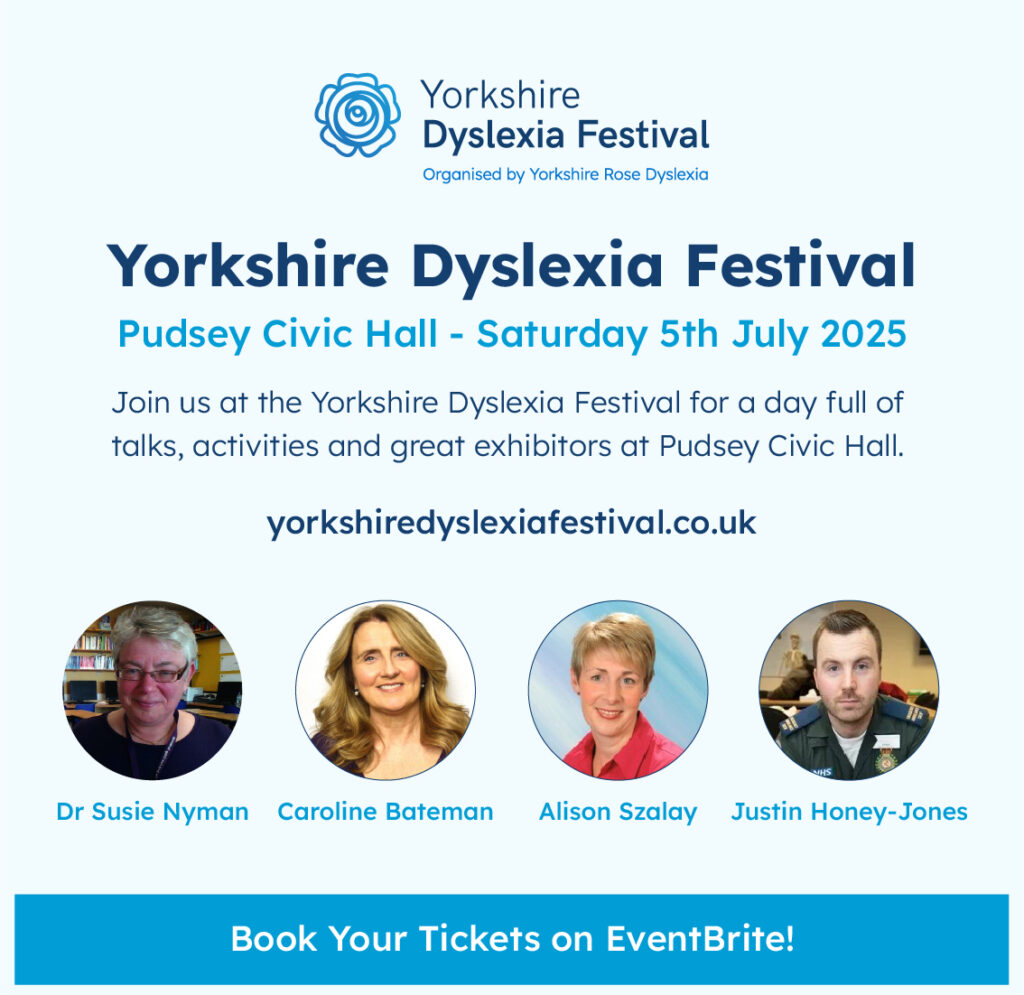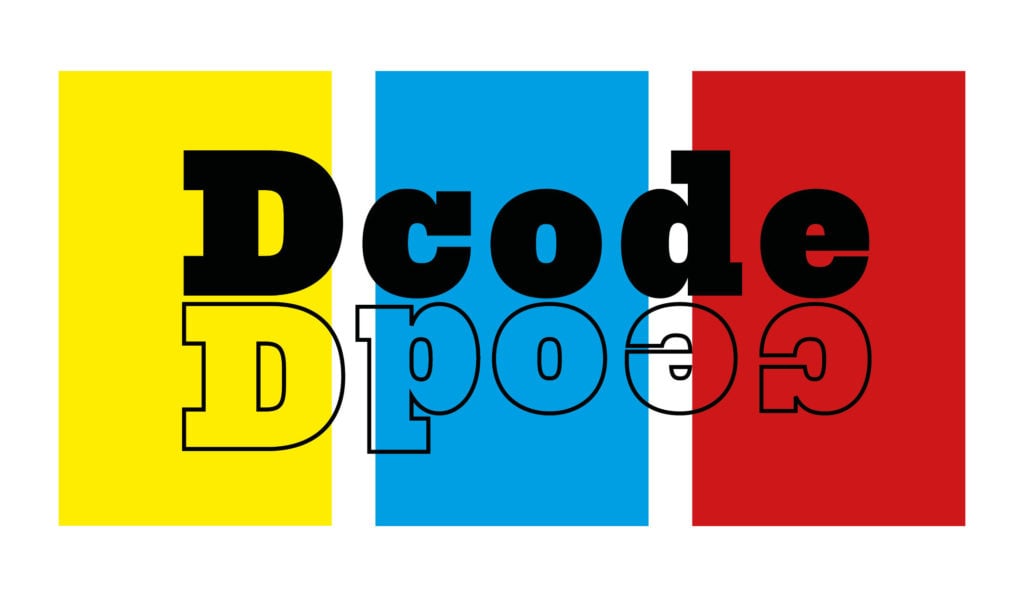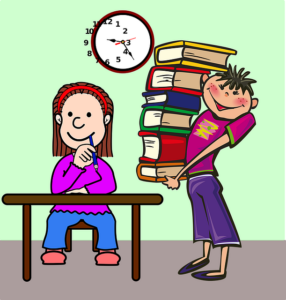
Supporting Struggling Readers
Supporting struggling readers requires a structured, evidence-based approach that builds foundational literacy skills while fostering confidence and engagement. Here are some key strategies:
Explicit Phonics Instruction: Teaching letter-sound relationships systematically helps struggling readers decode words more effectively.
Multisensory Learning: Incorporating visual, auditory, and kinesthetic activities—such as tracing letters while saying sounds—reinforces learning.
Phonemic Awareness Development: Strengthening the ability to recognize and manipulate sounds in words improves reading fluency.
Decodable Texts: Using books that align with phonics instruction ensures students practice reading words they can sound out.
Vocabulary Expansion: Encouraging discussion and exposure to new words enhances comprehension.
Reading Fluency Practice: Repeated reading of familiar texts builds speed, accuracy, and expression.
Individualized Support: Assessing each student’s needs and tailoring interventions ensures targeted progress.



Introducing DCode
A simple and effective reading programme for parents and teachers of struggling students.
Other Posts
We developed the DCode system to help parents, teachers, and struggling readers. We also provide free to access resources that explain details relating to struggling readers, feel free to take a look!


